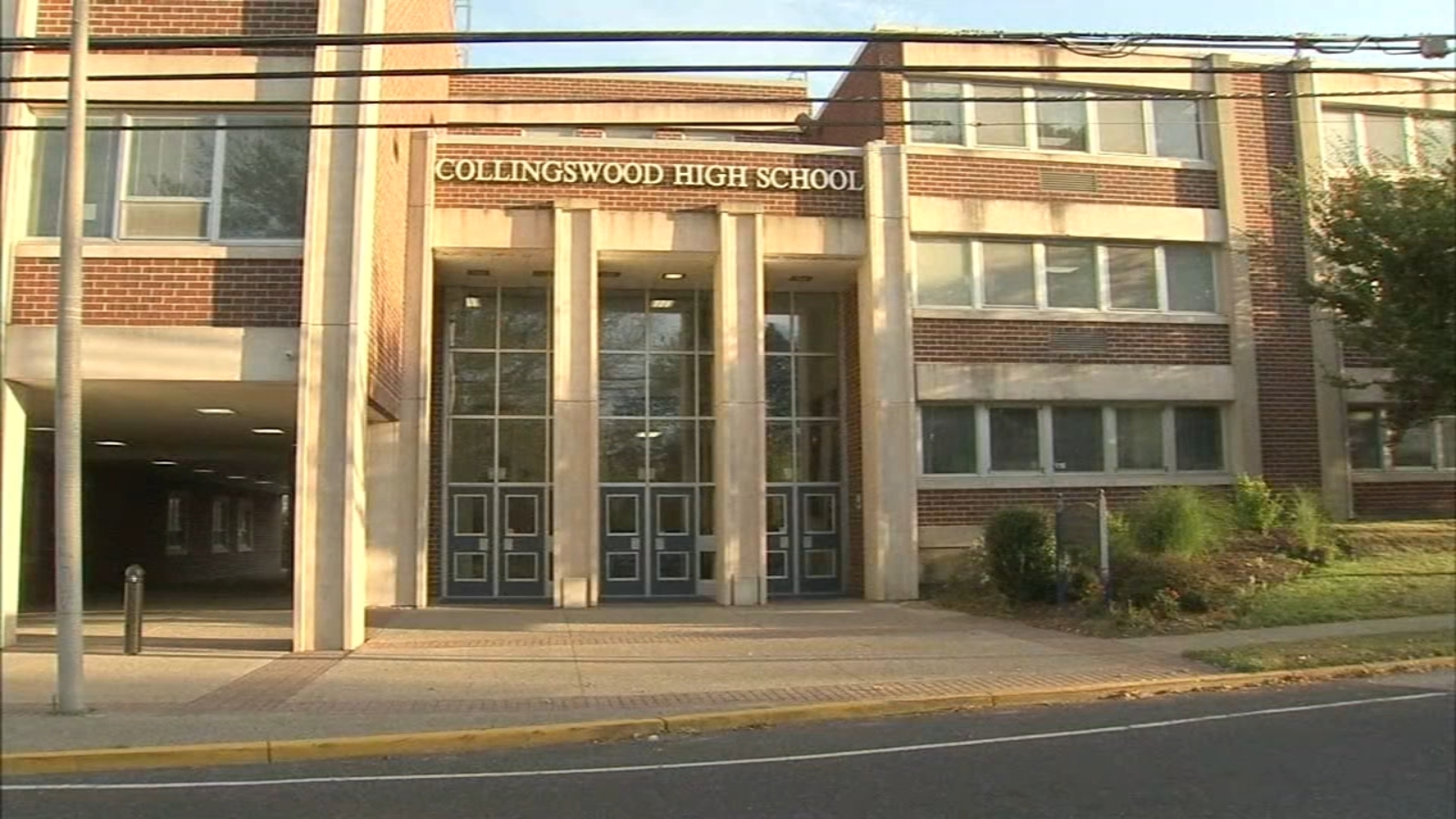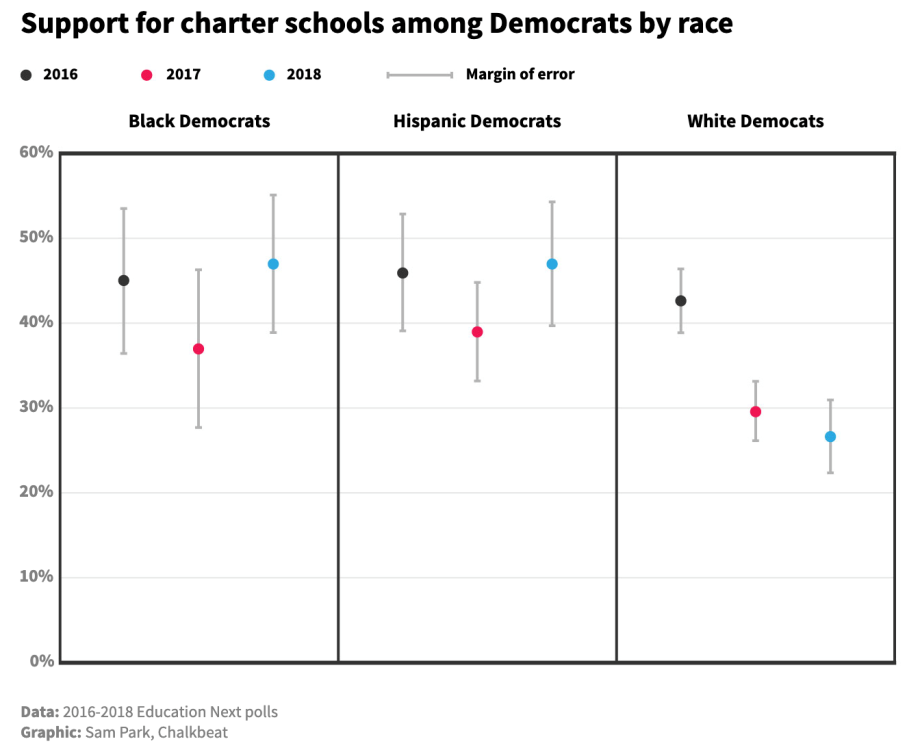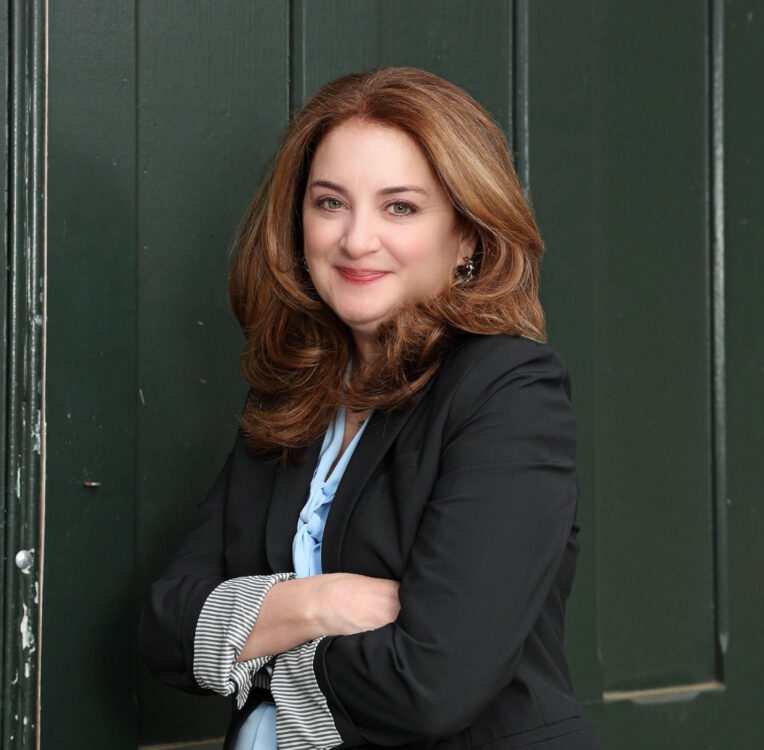
New Report: Arguments About Race, Sexuality, Gender, and Covid Are Hurting Students and Teachers
February 7, 2023
BREAKING: This Morning Black Community in Collingswood Will Protest High School’s Systemic Racism
February 8, 2023COMMENTARY: Murphy’s Charter Decisions Signal the Weakness of the ‘Progressive’ Education Brand
How does a Goldman Sachs multi-millionaire with a 23-room mansion in Italy win the governorship in New Jersey?
By fashioning himself as a “progressive,” winning the endorsements of powerful lobbyists, and buying off county bosses Hey, it worked for Jon Corzine (not sure where his villa is) and it worked for Phil Murphy, who got the second term Corzine didn’t. But if you’re eying the White House, progressive bone fides are chopped liver. The average American Democrat is more moderate than progressive, far more likely to vote for Joe Biden rather than Bernie Sanders.
In order to have a shot at the presidency, or at least the Democratic primary, Murphy knows he has to shed the “progressive” cloak he’s worn for six years. To wit, over the last couple of months he lost the title of “America’s Greenest Governor,” promised to keep business taxes low, delivered, according to The Record, “a State of the State that left his progressive base underwhelmed,” and last week reversed his stance on charter schools when his Education Department approved 78% of expansion applications.
Maybe he’s contemplating the education politics of recent presidential races. Back during the 2008 Democratic primary, candidate Barack Obama pledged to double federal funding for public charter schools while contestant Hillary Clinton claimed most charters “don’t take the hardest-to-teach kids, or, if they do, they don’t keep them.” While Clinton got the much-coveted endorsement of national teachers unions, Obama got more votes.
Or maybe Murphy took home a lesson from the 2017 squeaker-of-a-gubernatorial election when he beat underdog Jack Ciatarelli by a mere three points. Was it wise, he could be thinking, to bring out uber-Progressive Bernie Sanders at the end of the campaign instead of, say, Joe Biden or Kamala Harris? Matthew Hale pegged that choice as tone-deaf, writing, “for many practical, liberal African Americans and conservative Southern Jersey democrats, Sanders is still the crazy Vermont democratic socialist who wants to take all your money and give your kids free weed to go with their school-sponsored indoctrination.”
Certainly, education agendas rank low in most voter polls. Yet Murphy may be betting that endorsements from NEA and AFT are a small price to pay for a make-over that has less to do with hair plugs and more to do with attracting a moderate swathe of voters, especially Black and brown voters who support charter schools at double the rate of white voters. (Sanders and Elizabeth Warren, if you recall, were stridently anti-charter and that didn’t work out so well. Anyway, Randi Weingarten isn’t about to rally for Ron DeSantis.)

Still, it’s a hell of a big flip-flop for a governor who has played Santa Claus to NJEA for six years. During his first campaign he promised to eliminate PARCC assessments, decouple student growth from teacher evaluations, and abide by the union’s proposed moratorium on charter schools. True to his word, in 2018 Education Commissioner Lamont Repollet rejected every application except one, claiming the DOE was embarking on a Charter School Act review* that would ”modernize and change” the state’s charter school law. In the meantime no new charter schools were approved (although five expansions were), a stealth moratorium gift right under NJEA’s Christmas tree. The following year his DOE rejected previously-approved expansion applications for some of the state’s top-ranked charters, throwing 10,000 NJ children back into districts like Newark and Trenton and Asbury Park. Then-Senate President Steve Sweeney joked , “[Phil Murphy] checks with the NJEA before making any decisions.”
This year it’s Murphy Reborn.
The Star-Ledger’s Tom Moran speculated over the weekend, “M[y] guess is that his presidential ambitions are part of it, that he’s moving off the lefty edge and towards the middle, where the national votes are.” Micah Rasmussen, a political scientist at Rider University, agrees: “He’s got plenty of liberal cred already; it’s the moderate cred he needs…He’s perceived as being a blue state liberal, so he’s got to moderate. With Chris Christie, it was the opposite, he needed to be redder.”
Chris Cerf, former DOE commissioner and Newark superintendent mused, “Gov. Murphy has been aligned with the NJEA’s perspective on virtually every education issue. Pundits will be left to ponder whether this is a principle-driven U-turn or a political recalculation now that his bona fides as a teachers’ union supporter have been firmly established.”
I know, I know, it’s just politics. Murphy’s about-face on public charters is a cold calculation that he needs to attract a broader fanbase. NJEA executives understand this: they’re not saying a word. Anyway, on the national stage Murphy’s education policies will still draw fire: according to a New York Times/Siena College poll last year, 70 percent of registered voters nationally oppose instruction on sexual orientation and gender identity in elementary grades.
As Murphy tries to pivot towards an education agenda that attracts support from more Americans than teacher union stalwarts, public charter schools are an easy give, a single thread of a moderate garment. That the DOE’s approvals last week are good news for low-income children and families is an unintended consequences of a political calculation.
*The Charter School Act review was never released, despite the DOE’s energetic solicitation of feedback from parents who rallied in front of DOE headquarters to express their support for alternative public schools. I’m told the review will never see daylight and is moldering in a basement somewhere on State Street.




